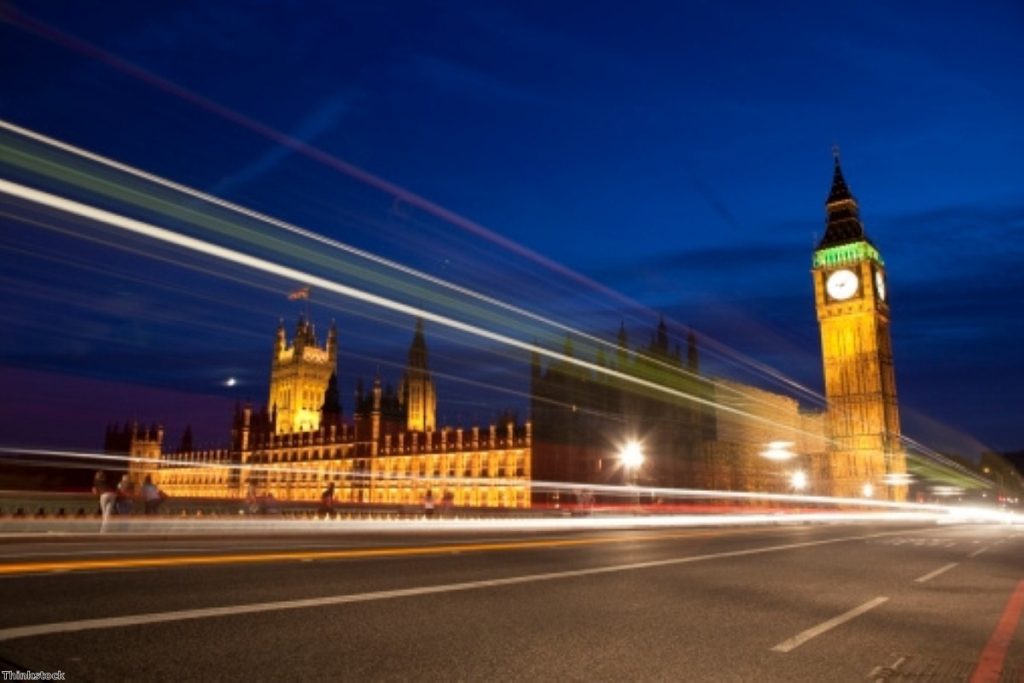Victory for government as Lords submit to NHS reforms
By Ian Dunt Follow @IanDunt
A last-gasp attempt to delay NHS reform in the Lords fell apart today, with peers handing a major victory to the government.
Lords rejected a Labour attempt to deny the health and social care bill a second reading by 354 votes to 220.
An amendment by Lord Owen and Lord Hennessy demanding the bill be sent back to a special committee and delayed in a potentially fatal way was rejected by 330 votes to 262.


The degree of the defeat suggests that Liberal Democrat peers folded and supported the government position and that campaigners failed to get enough cross-bench Lords to back Lord Owen.
“When news of today’s vote came through, hearts will have sunk around the NHS," shadow health secretary Andy Burnham commented.
“Sadly, the House of Lords has failed to listen to that overwhelming feeling of opposition and has voted to bring the break-up of the NHS a step closer."
If the Owen/Hennessy amendment had passed there was a strong chance the bill would not have been ready in time for April at the close of the parliamentary session.
"This bill is already unprecedented," Lord Owen argued, as he defended his amendment.
"A matter of a week or two is a little rich for a government that’s responsible for taking it out of committee and having a long consultation."
The peer was interrupted by a bad-tempered exchange with Paddy Ashdown.
"If it must be considered in a committee, what on earth is our function?" the former Liberal Democrat leader shouted in the Chamber.
There is still time for major changes to the bill however, with committee stage, report stage and third reading in the Lords all to come before it returns to the Commons.
Peers are likely to focus on the secretary of state's duty to ensure universal care, the need for intergration as well as competition between departments and ensuring GPs commissioning boards can be held accountable.
While peers would usually have balked at the idea of so plainly rebelling against the will of the Commons, many were encouraged by the fact that the NHS reforms did not appear in either of the governing parties' manifestos or the coalition agreement, leading to concerns over the government's mandate to implement such wide-ranging changes.
However, when the vote came the Lords allowed the bill to go through.
Liberal Democrat and Conservative peers were under fierce public pressure to oppose the bill but party whips frantically held the line.
Baroness Williams led Lib Dem efforts to amend the bill, specifically on the issue of the secretary of state's duty to ensure universal care.
Party whips agreed to some movement on the wording of that section but cautioned that demands for further concessions could infuriate the Conservatives, given that the bill has already been significantly watered down.









